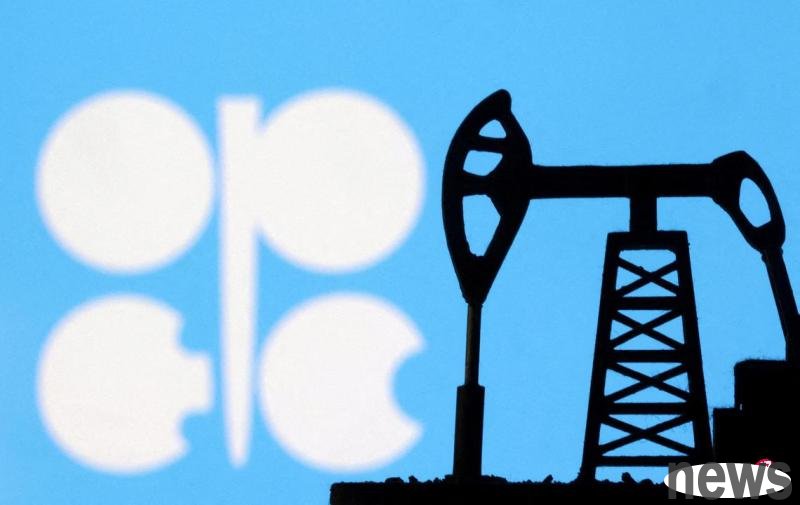
The market believes that the U.S. military intervention in Iran by July is more than 60%, far higher than the 35% before Israel launched its attack last Friday. Although US President Trump has not made any statement, the prices of various assets have fluctuated significantly.
The performance of the US stock market is differentiated, and high oil prices and war risks increase pressure on economic growth. Energy stocks benefited from rising oil prices, with the S&P 500 rising more than 2% in the past four days, with Exxon Mobil rising 3.8% and Valero Energy rising 5%.
Despite the superposition of multiple risks, the S&P 500 is still only 2% away from its historical high. Goldman Sachs pointed out that unless the United States clearly intervenes, the market temporarily tends to "try to downplay" this wave of uncertainty.
Driven by risk aversion, gold prices are expected to rise further; US Treasury yields declined and the US dollar strengthened. The dollar against the yen and Swiss franc have risen about 1% since June 9, and it pulled slightly on Wednesday.
The World Bank cut its global economic growth forecast for 2025 to 2.3%.
The S&P 500 Aviation and Defense Index hit a new high after Israel launched an attack, continuing its gain of more than 30% since Trump announced the increase in tariffs in April.
Polymarket data shows that although Brent crude oil fell to $76 a barrel on Wednesday (about S$98), it has risen nearly 9% since Israel attacked Iran. Barclays warned that oil prices could approach $100 a barrel if Iran exports are restricted and conflicts expand into regional wars.